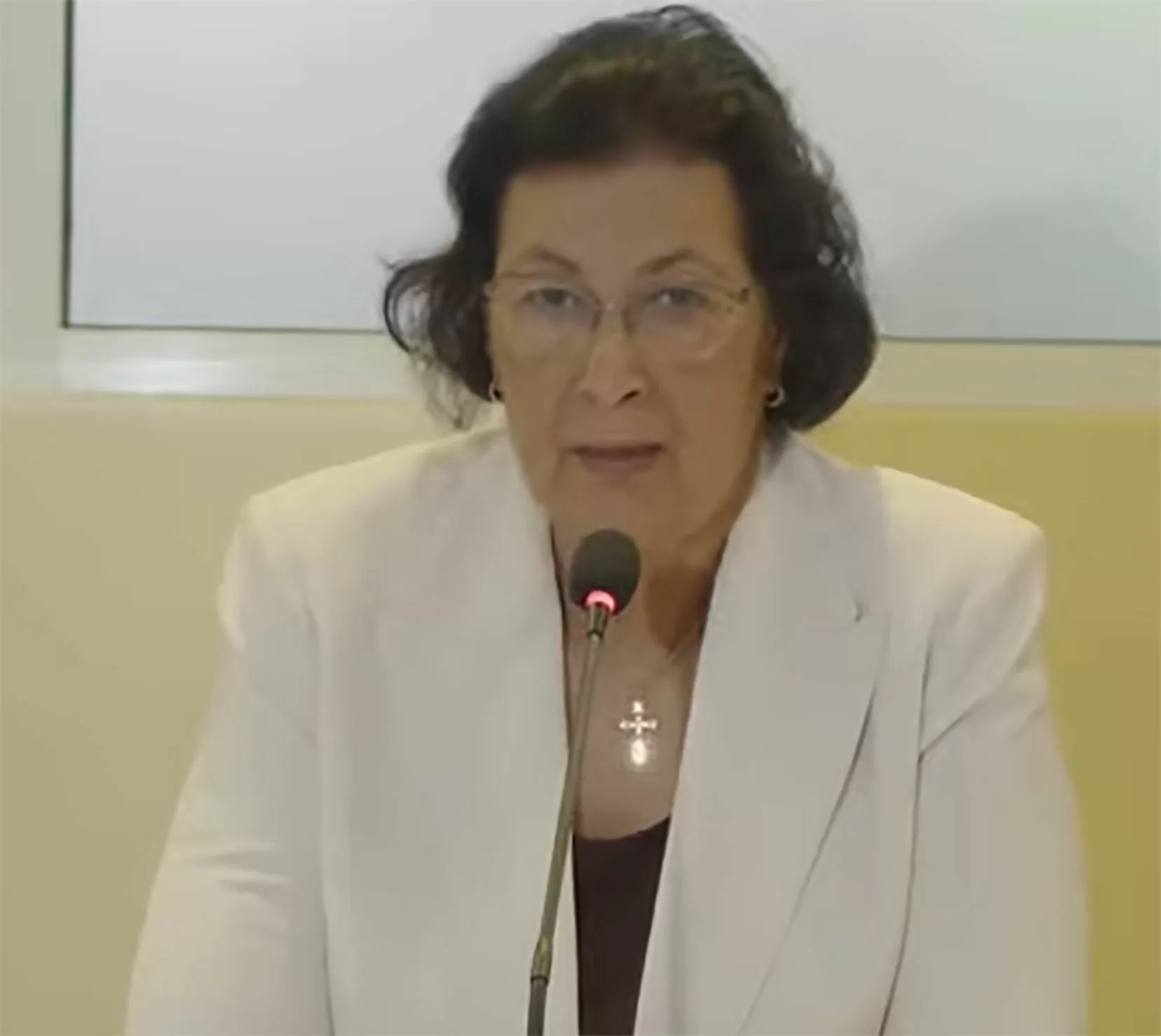Suriname’s President Jennifer Simons has firmly denied reports of government negotiations with Chinese multinational Chinalco regarding the mining and export of bauxite from West Suriname. Speaking at a press conference upon her return to the country, Simons emphasized that no agreements or discussions are underway, and Suriname will not export bauxite from the region under any circumstances. She acknowledged that Vice President Gregory Rusland had been approached by Chinalco and engaged in a single conversation but clarified that this did not represent official government negotiations. ‘The government consists of the president, vice president, and the Council of Ministers,’ Simons stated. ‘One member having a conversation does not equate to government negotiations.’
Simons highlighted the need for Suriname to make deliberate choices in utilizing its natural resources to foster development. The country is rich in gold, bauxite, and other resources but is internationally committed to preserving at least 90% of its forest area. ‘If the world expects us to uphold this commitment, they must compensate us for forest conservation,’ she asserted. ‘Only then can we make a fair assessment.’
The president noted that revenues from the oil sector could alleviate economic pressure on other resources. ‘Oil discoveries may slightly slow deforestation, as we anticipate income from this sector,’ she explained. However, Simons warned against overburdening the economy, stating, ‘A country with just 600,000 inhabitants cannot tackle everything simultaneously. Overextension risks economic overheating and new challenges.’
Addressing the issue of Mennonite communities seeking agricultural land, Simons firmly opposed deforestation for large-scale farming. ‘Clearing tropical rainforest for agriculture is not my approach,’ she declared. She also reiterated that all land allocations over the past five years were unlawful. ‘They were issued illegally. I’ve said this for years, and now the Audit Office has confirmed it,’ she said. Simons emphasized that officials had failed to adhere to legal requirements, citing Article 13 of the Anti-Corruption Act, which nullifies unlawfully issued allocations. The government has temporarily halted land allocations pending a review of past transactions.
